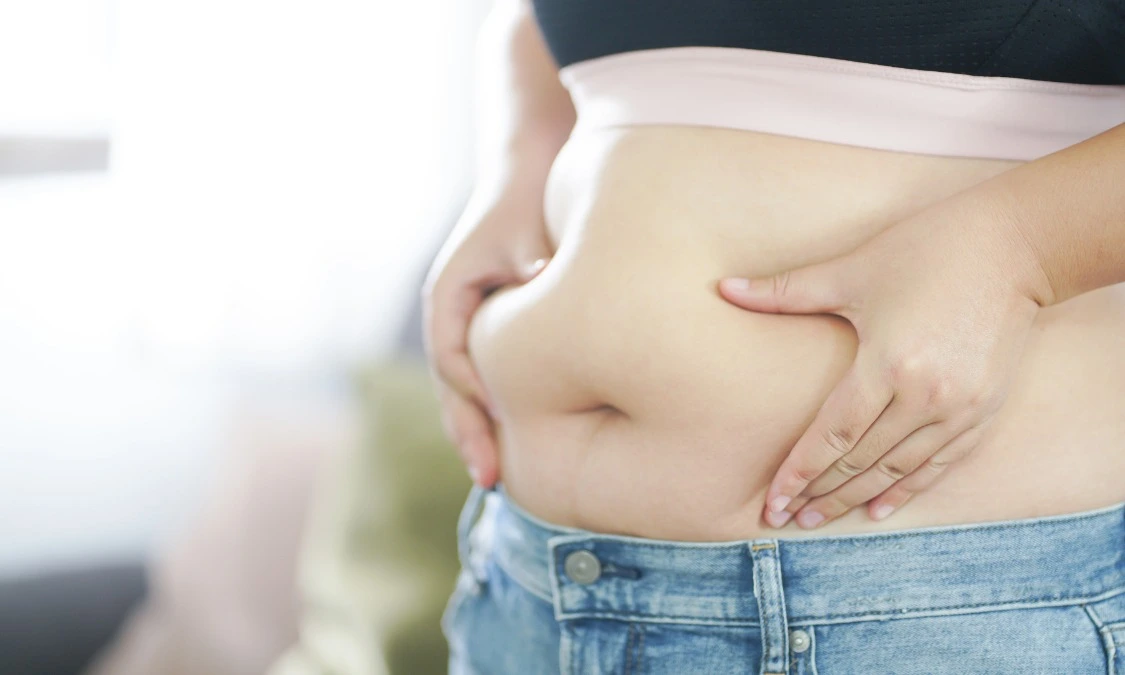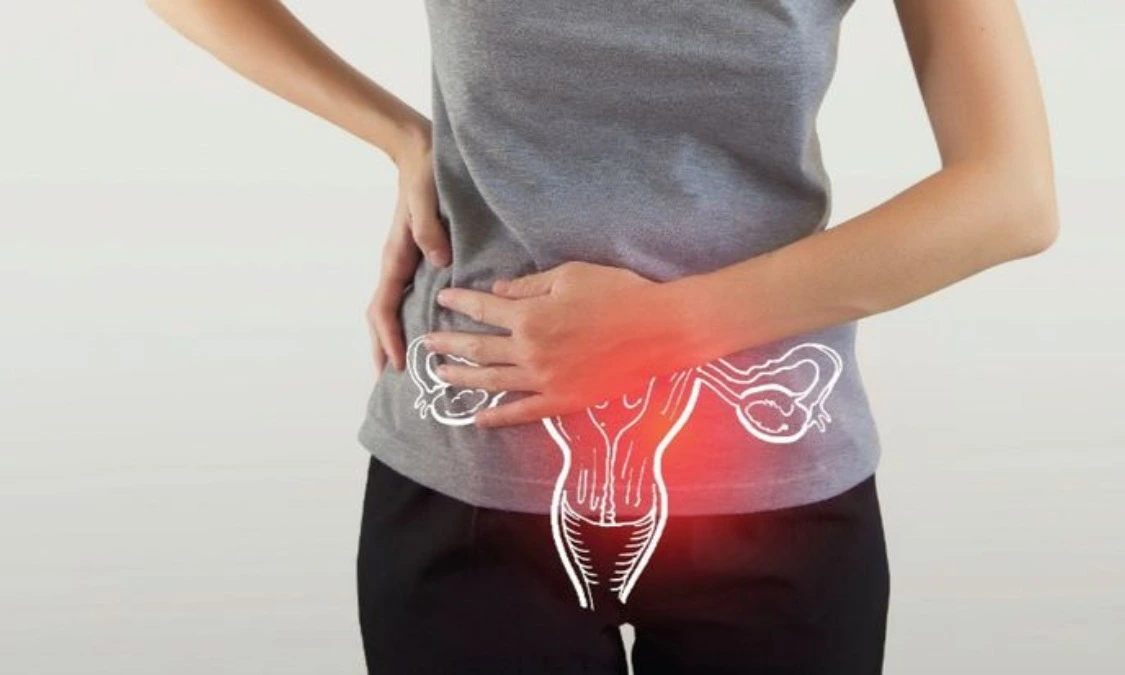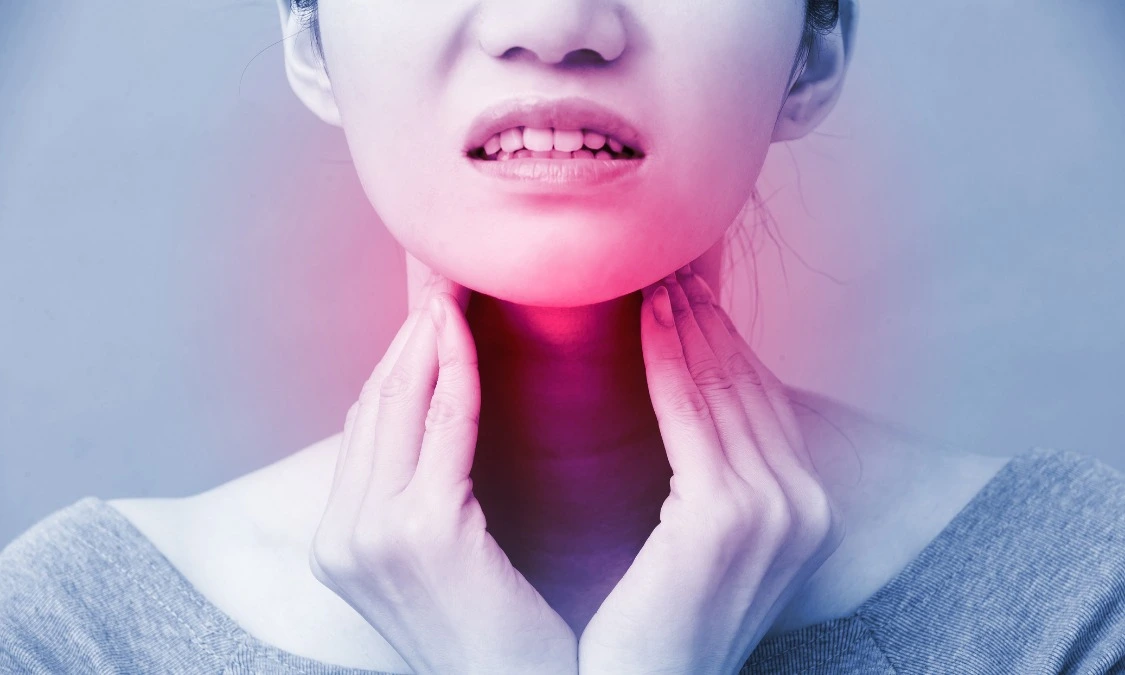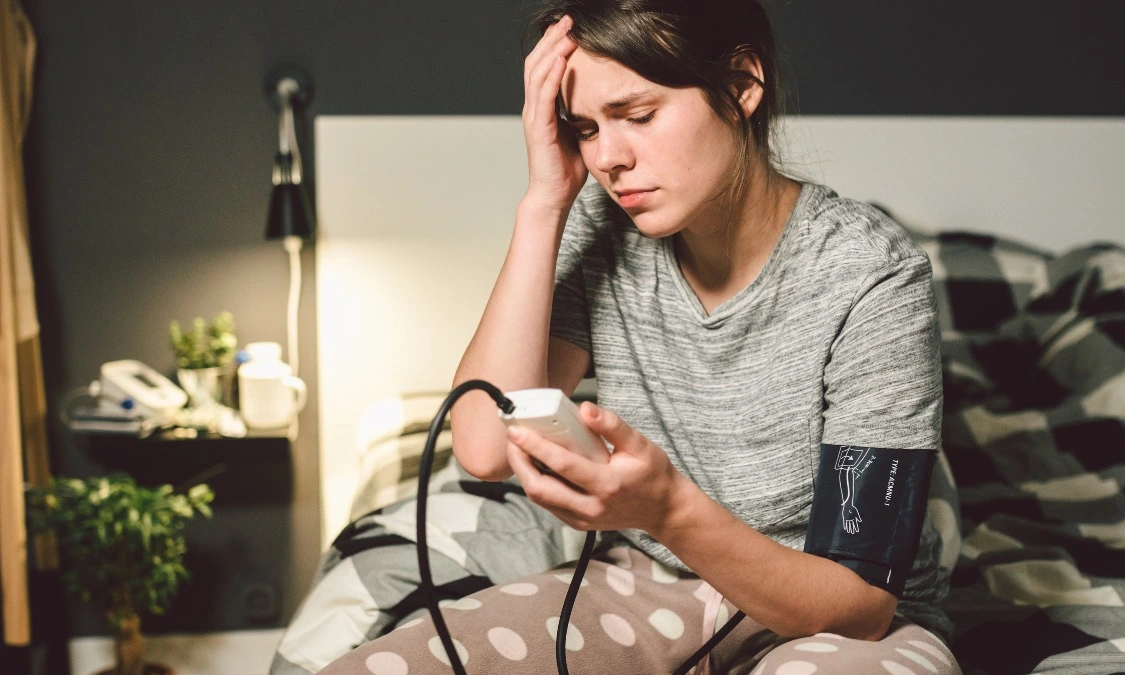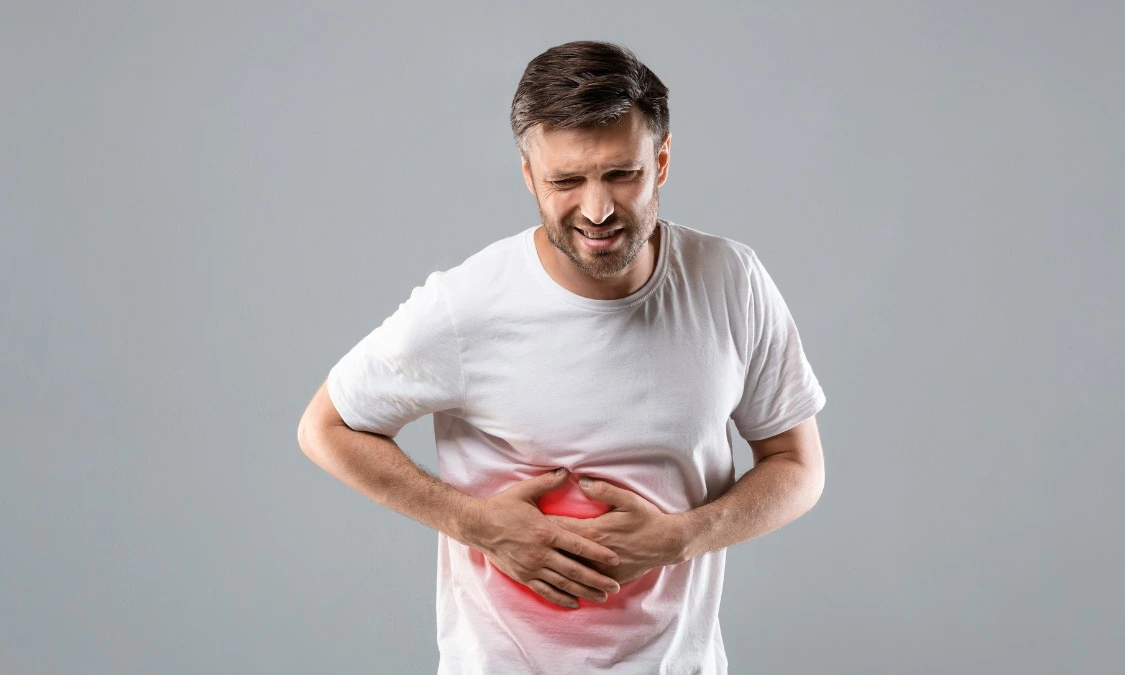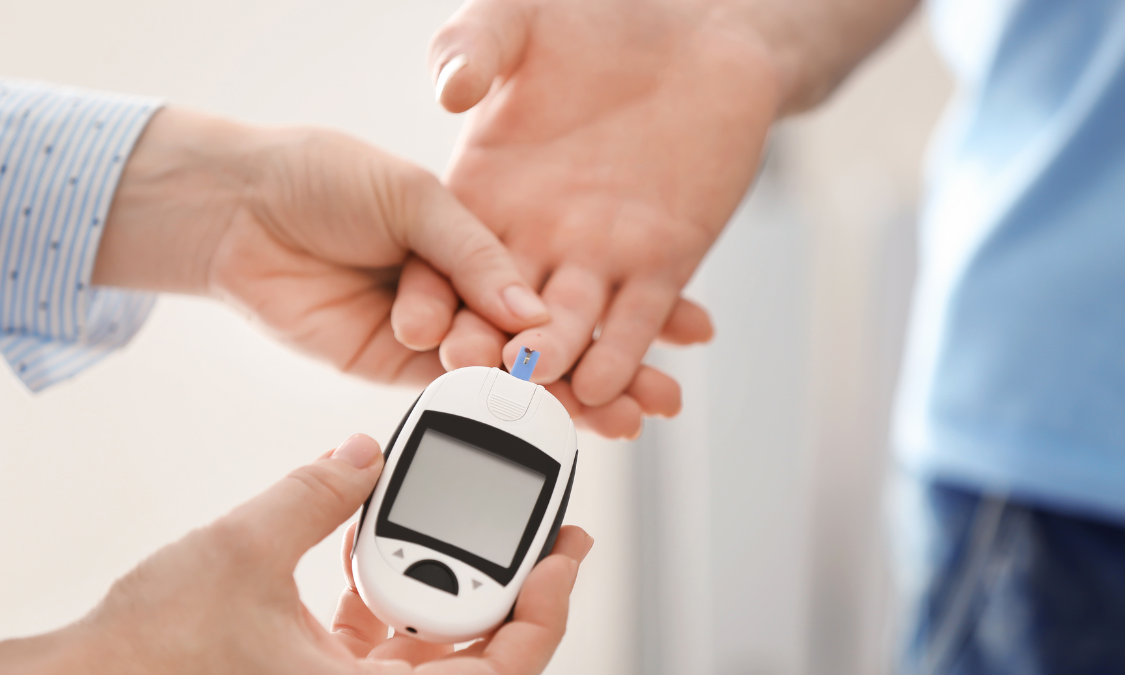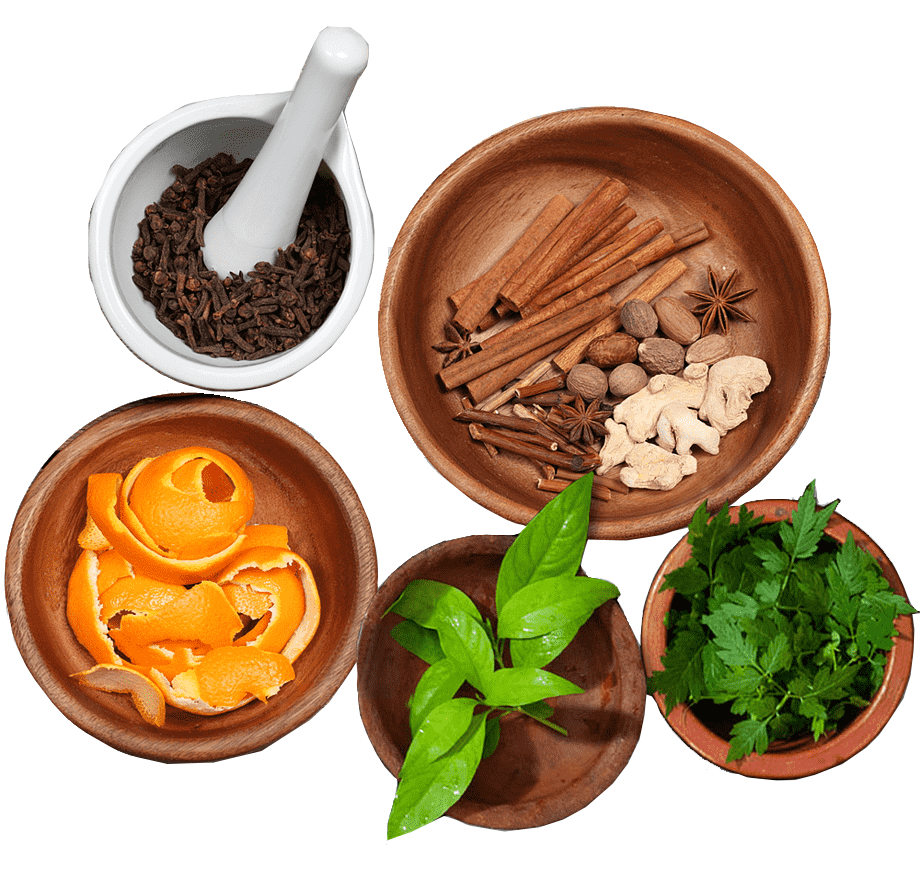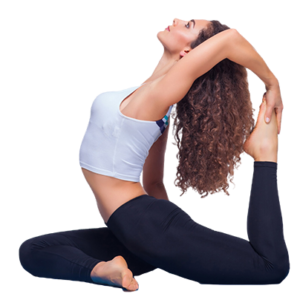Piles (Hemorrhoids): Symptoms, Causes and Ayurvedic Treatment
Overview of Piles
Piles/hemorrhoids are one of the most painful and troublesome diseases regarding the digestive system, distress/prominent because of distention and congestion or internal as well external venous plexuses around the anal canal. Through the eyes of Ayurveda, this condition is termed Arsha Roga which arises due to Tridosha (Vata-Pitta-Kapha). This causes the blood vessels around your anal canal and rectum to become leaky which leads them to swell up. Older age is also a risk for this reason with supporting tissues around the rectum and anus starting to weaken.
Causes of Piles
Symptoms of Piles
The following are the symptoms experienced in piles patients:
Ayurvedic Treatment for Piles
Diet changes, herbal remedies, and several other Ayurvedic treatment options are used to cure piles fully with this ancient system.
Ayurvedic Therapies
Personalized Treatment Approach
Ayurvedic treatments for piles are customized as per the specific dosha imbalance and other health concerns in each person. This tailoring makes sure that treatment addresses the underlying causes and achieves symptom relief.
At Ayusiddha, we provide skillfully tailored Piles treatment in Mumbai through herbal formulas including dietary advice and special therapies designed to address the problem from a more comprehensive perspective along with taking care of overall health.

